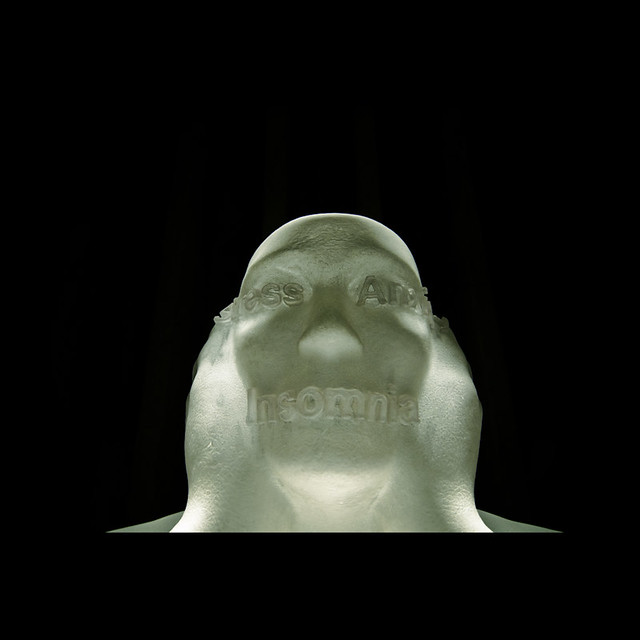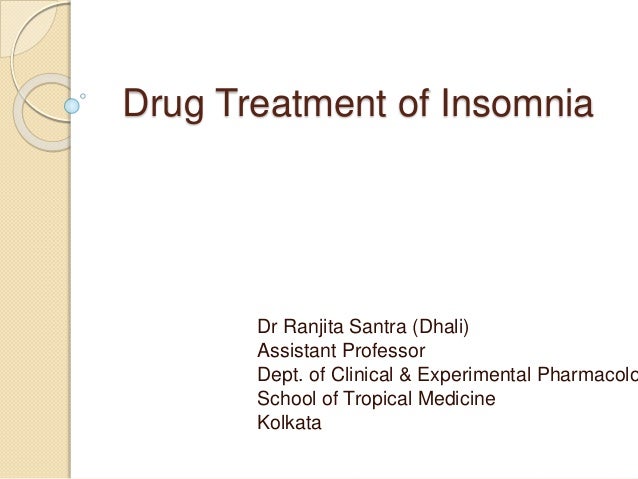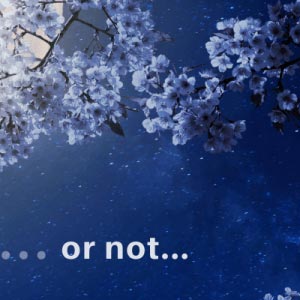

AshwagandhaĪ 2020 study with 80 participants examined the effect of Ashwagandha supplementation on people living with and without insomnia.Īfter 8 weeks, researchers concluded that Ashwagandha improved sleep quality and helped manage insomnia for both groups.

Valerian works in the opposite manner by activating these receptors. The active ingredients in coffee are known to block adenosine receptors, which results in increased wakefulness. Some of these molecules include GABA, serotonin, and adenosine, each of which plays a role in promoting sleep. Its effects on molecules that participate in relaxation have been well-studied, according to a 2020 review. Many people talk about the sleep-inducing properties of valerian, which has historically been considered a hypnotic. Speak to a doctor about the most appropriate dose for you.

Research, including a 2013 literature review, shows that taking melatonin before bed is effective for primary insomnia. It’s naturally released in higher amounts by the pineal gland once it gets dark outside. Prescription sleep medications safe for older adults include:Īs one of the most important hormones directly involved in the regulation and promotion of sleep, melatonin is a popular supplement. Prescription medications for sleep include: These can include prescription medications, herbs, supplements, and lifestyle practices. There are other options to help with falling or staying asleep. Official guidance strongly recommends against antipsychotics for primary insomnia in older adults, as medications like Seroquel are known to increase the risk for: The rate of insomnia in older adults is very high. This will determine whether or not off-label use is appropriate based on your individual circumstances.
#Medicine for insomnia and anxiety professional#
You and your healthcare professional can work together to decide whether the risks outweigh the benefits. These participants took around 116 mg per day for 44 months.Īt this dose, reported side effects mainly involved undesirable changes in: Healthcare professionals have to monitor high doses of Seroquel carefully.Ī 2016 review looked at the effects of Seroquel in over 400 individuals.

Dosages for schizophrenia may be over 800 mg. Seroquel may have side effects even at low dosages of 200 mg or lower, according to a 2021 study.ĭosages used for mood disorders range from 300 to 600 mg. irregular changes in heart rate and rhythm.Between 25 mg and 150 mg is considered a low dose, according to a 2014 study.Įxisting data advises against the use of Seroquel as a sleep aid, citing additional risks beyond a lack of evidence. Its sedative effects are thought to be the most apparent at lower doses. The appropriate dosage of Seroquel for sleep has yet to be determined. This medication carries the risk of various side effects that could be harmful. More research is needed before we know how safe and effective Seroquel is for primary insomnia. The researchers concluded that Seroquel should be reserved for people with psychiatric disorders that occur alongside insomnia. Research from 2016 found that there is limited evidence of the effectiveness and safety of Seroquel for primary insomnia. Seroquel has also been increasingly prescribed for stand-alone (primary) insomnia due to its sedating properties. Health professionals commonly prescribe Seroquel off-label when insomnia is caused by another psychiatric disorder (secondary insomnia). Each also has the potential for considerable side effects. Each of these chemicals interacts with the nervous system to regulate mood and other important body functions. Seroquel is thought to work by modifying levels of chemicals like dopamine, serotonin, and histamine. Mental health professionals also sometimes prescribe it as a supplementary medication for major depressive disorder. Like other antipsychotic medications, it has been approved for mental health disorders, such as: It has not been approved by the Food and Drug Administration (FDA) for insomnia. Seroquel ( quetiapine) is considered a second-generation antipsychotic drug.


 0 kommentar(er)
0 kommentar(er)
